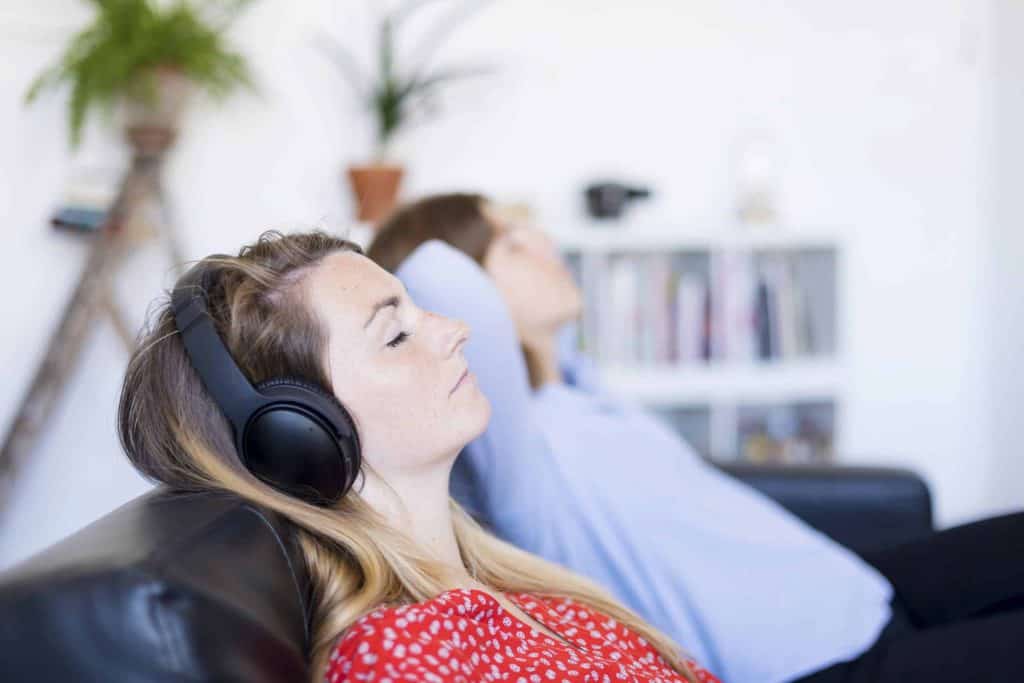We are in the holiday season. As soon as Halloween was done, the spooky decor was replaced with a mixture of autumn colors, turkeys, and pumpkins paired with the anticipation of red and green, Christmas trees, lights, and wreaths. For some, this might be the most wonderful time of the year (as the song states). Others might feel the pressure of making everything “perfect” for everyone. And others, it might be a season of missing your people. I want to encourage you to have permission to take care of yourself; maybe that is leaning into this holiday season because you LOVE it! Letting go of the things we think we “should” do. And taking time to feel and miss those who are not near us. As we all navigate the many feelings that come up this time of year, I want you to consider how music might be a self-care tool to support you.
The music that you enjoy (also called preferred music) is what works best to support emotional well-being. Preferred music can reduce anxiety (Bergh & Silverman, 2018) and decrease emotional distress (Clark et al., 2006). Maybe you have experienced a time when you put on a song that helped you feel motivated, inspired, or grounded. Music has the power to meet and support our emotional well-being.
One technique I enjoy using for my own self-care and with my clients is Music Assisted Progressive Muscle Relaxation. Progressive Muscle Relaxation (PMR) is a technique that involves gently tensing and releasing different muscle groups of the body. It is paired with breathing, tensing muscles on an inhale, and releasing muscles on an exhale to support physical and mental relaxation (Cleveland Clinic, 2022). Relaxing music can support a lower heart rate and slower breathing signals the parasympathetic nervous system that the body is safe (Harvard Health, 2021). The pairing of the two can provide relaxation and grounding to reduce stress.
Give it a try! Click below to access a free guided Music Assisted Progressive Muscle relaxation.
Wishing you all a happy and relaxing holiday season!
References
Bergh, O., & Sillverman, M. J. (2018). Effects of Music Therapy in the Form of Patient-Preferred
Live Music on Mood and Pain with Patients on a Solid Organ Transplant Unit: A Randomized
Pilot Study Music Therapy Perspectives, 36(1), 129–130.
https://doi.org/10.1093/mtp/mix027
Clark, M., Isaacks-Downton, G., Wells, N., Redlin-Frazier, S., Eck, C., Hepworth, J. T., & Chakravarthy, B. (2006). Use of Preferred Music to Reduce Emotional Distress and Symptom Activity During Radiation Therapy. Journal of Music Therapy, 43(3), 247–265. https://doi.org/10.1093/jmt/43.3.247
Cleveland Clinic. (2022, November 10). Relax Your Way to Better Sleep (And More). Cleveland Clinic. https://health.clevelandclinic.org/progressive-muscle-relaxation-pmr
Harvard Health Publishing. (2021, March 30). Tuning in: How music may affect your heart – Harvard Health. Harvard Health; Harvard Health.
https://www.health.harvard.edu/heart-health/tuning-in-how-music-may-affect-your-heart
